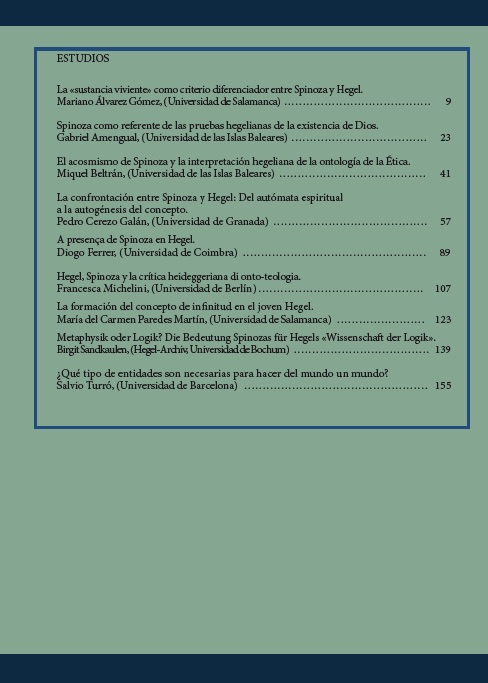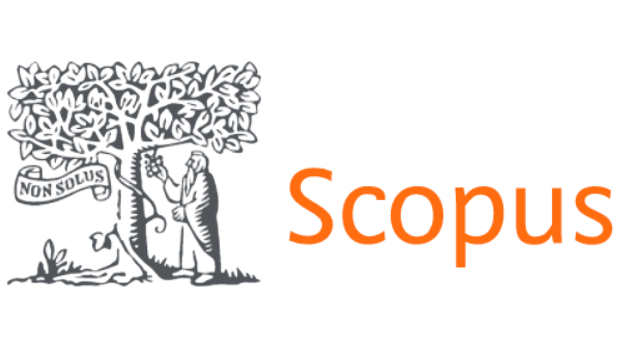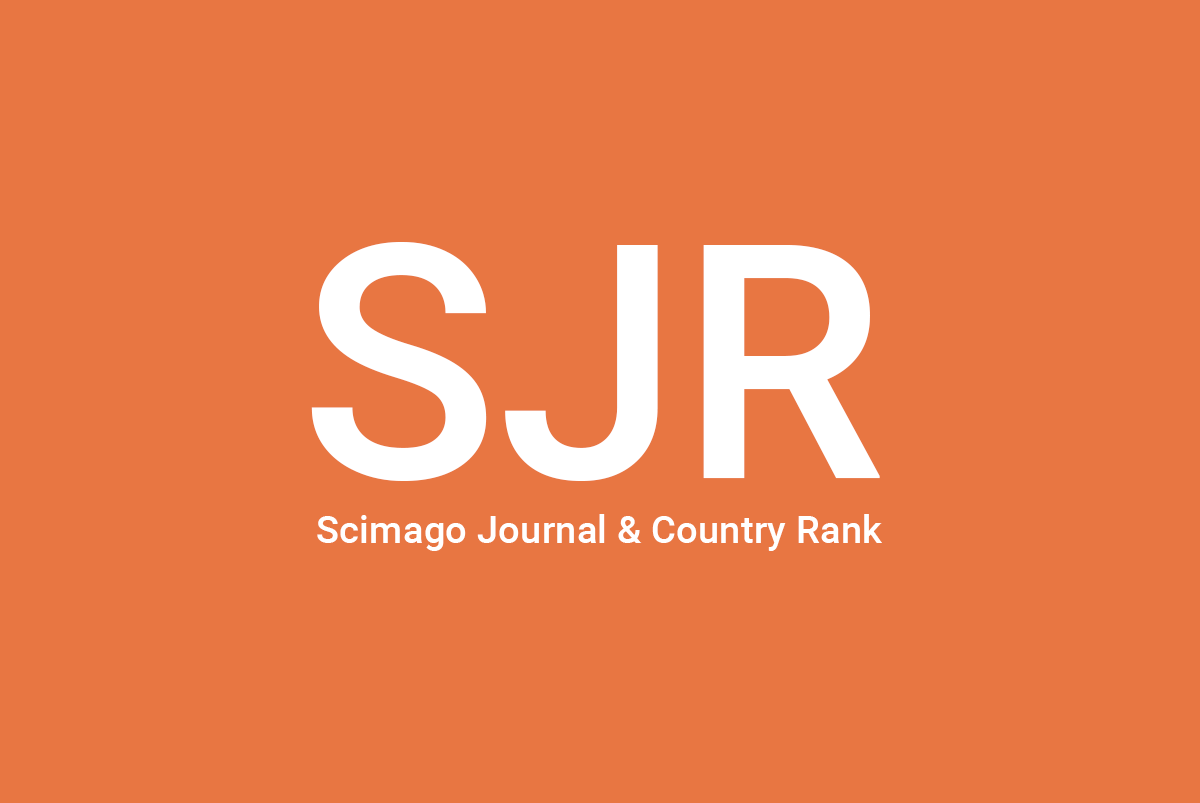Hegel, Spinoza and Heidegger’s Critique of Onto-Theology Hegel, Spinoza y la crítica de Heidegger a la onto-teología
DOI:
https://doi.org/10.24310/stheg.v0i1.3698Palabras clave:
Hegel, Spinoza, Heidegger, Substance, SubjectivityResumen
According to a longstanding and still nowadays partially dominant historiographical approach, Hegel’s philosophy would be the full achievement and extension of Spinozism following its own principles: Hegel would then be a “consequential Spinozist”. Such a historiographical opinion can be brought back to the nineteenth century, and it is shared by, among others, Jacobi, Feuerbach and Nicolai Hartmann. Also Martin Heidegger, as shown in his famous interpretation of Hegel’s subjectivity as the highest expression of the distinguished Onto-Theology of Modern Metaphysics, reaches analogous results to the supporters of the “consequential Spinozism”. Hegel’s notion of concept would ultimately still amount to, also according to his interpretation, the unique and infinite substance of Spinoza – although in the “highest” form of absolute freedom and “immanent thinking”. In my contribution, I shall try to question, first of all, the main assumption on which these readings are based, i.e. that Hegel finds in Spinoza «the fully developed “standpoint of substance”», and then explain why Hegel’s philosophy, far from being a “refutation” of Spinozism still trapped within it, is actually a full alternative program, culminating in a re-evaluation of the same finite and differences, that Hegel saw evaded by the philosophy of Spinoza. in Spinoza «the fully developed “standpoint of substance”», and then explain why Hegel’s philosophy, far from being a “refutation” of Spinozism still trapped within it, is actually a full alternative program, culminating in a re-evaluation of the same finite and differences, that Hegel saw evaded by the philosophy of Spinoza.
Descargas
Métricas
Publicación Facts
Perfil de revisores N/D
Información adicional autores
Indexado: {$indexList}
-
Indexado en
- Sociedad Académica/Grupo
- N/D
- Editora:
- Universidad de Málaga
Descargas
Publicado
Cómo citar
Número
Sección
Licencia
Esta revista provee acceso libre inmediato a su contenido bajo el principio de hacer disponible gratuitamente la investigación al público. Todos los contenidos publicados en Studia Hegeliana. Revista de la Sociedad Española de Estudios sobre Hegel, están sujetos a la licencia Creative Commons Reconocimento-NoComercia-Compartirigual 4.0 (específicamente, CC-by-nc-sa) cuyo texto completo puede consultar en <http://creativecommons.org/licenses/by-nc-sa/4.0>. Por ello, se permite la generación de obras derivadas siempre que no se haga un uso comercial. Tampoco se puede utilizar la obra original con finalidades comerciales. La revista no se hace responsable de las opiniones vertidas por lo autores de los trabajos que en ella se publican.
Es responsabilidad de los autores/as obtener los permisos necesarios de las imágenes que están sujetas a derechos de autor.
Los autores/as cuyas contribuciones sean aceptadas para su publicación en esta revista conservarán el derecho de autor. Este es no exclusivo de utilizar sus contribuciones con fines académicos, de investigación y educativos, incluyendo el auto-archivo o depósito en repositorios de acceso abierto de cualquier tipo.
Desde el volumen 7 de 2021 la revista Studia Hegeliana ha modificado el copyright. Desde ese año, los autores son los que conservan los derechos de autor.
La edición electrónica de esta revista esta editada por la Editorial de la Universidad de Málaga (UmaEditorial), siendo necesario citar la procedencia en cualquier reproducción parcial o total.







243.png)






















